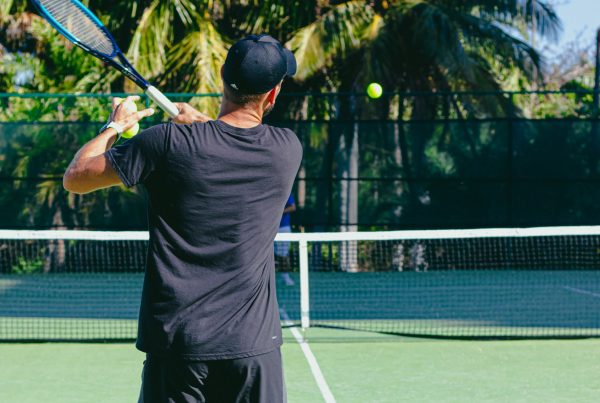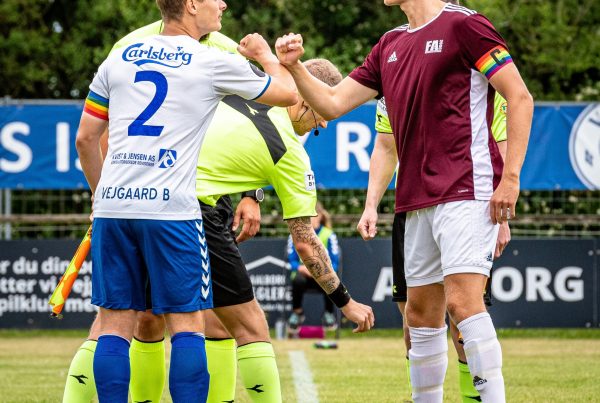As I write this, we’re in the middle of a terrific summer of sport. We’re midway through the Tour de France, the European Football Championships and Wimbledon are in their final stages, and the Paris Olympics and Paralympics are just around the corner. And one of the notable features of our summer of sport so far is the performance of geriatric (in elite sport terms!) athletes who are defying the odds to produce extraordinary performances in the latter stages of their careers.
In tennis, Rafa Nadal, Novak Djokovic, Andy Murray and Serena Williams are all examples of current or recently retired athletes playing at the top of their game in their mid to late 30s. Mark Cavendish at age 38 has just set a record of the most Tour de France stage wins which may never be surpassed. Sarah Storey, aged 46, and winner of an astonishing 17 Paralympic Gold medals in swimming and cycling is about to go to her 9th Paralympic Games and is favourite to add to that haul in the road race. Laura Roper, aged 36 is an integral part of the GB women’s hockey team and seeking her 4th medal in successive Olympics. Lewis Hamilton at age 39 is still in imperious form, as is Jimmy Anderson, bowing out of test cricket at age 41.
The world of elite sport is not becoming less competitive, enabling athletes to go on for longer – in fact, quite the opposite! So how is it that these individuals are able to be competitive at the elite level while apparently well past their physical prime?
Some of it is down to sheer determination, and passion for their sport – and access to cutting edge expertise and resources to help them keep performing. But at least part of the answer lies in their unwavering focus and commitment to looking after themselves. They all understand the need to treat their body (and mind) as their most valuable asset, and have been devoted all the way through their careers to looking after that asset – enabling them to keep competing for longer than others.
Their forensic and disciplined focus on nutrition, on sleep, on proper time off away from their ‘jobs’, on preparation and recovery has enabled them to truly understand how to get the best out of themselves and elongate their careers. And while they might have had the luxury of having had access to the best expertise, specialists and care, the day to day routines and habits around self-maintenance has been the key to their longevity.
Their example is inspiring to us all – and could also be an opportunity for us to reflect on how we’re thinking about ourselves and how we’re looking after our most valuable asset. And while it may be unrealistic for us to
The insight for us from this extraordinary group of athletes is clear – looking after our most valuable asset is the most critical thing we can do – for not just our performance but for our health and happiness. And while it may be unrealistic for us to emulate their level of dedication in all aspects of ‘self-care’, in our experience, there are 3 quick wins we could all focus on:
- Sleep – the greatest gift we can give ourselves – is key to health, longevity, happiness and performance. Are you prioritising it as such and ensuring you get your 8 hours a night quota?! Check out the work of Matthew Walker if you want to know more.
- Holidays – the most valuable regeneration time. Leave the laptop behind, remove work emails from your phone and switch off. You’ll reap the rewards, personally and professionally – just try it!
- Diet – pay attention to what you’re eating, how much and when. We thoroughly recommend Food Rules for a no nonsense reminder of the basics.
So, we challenge you to be inspired – and take action – to start to think our yourself as your most valuable asset – the key to your health, happiness, and performance.



